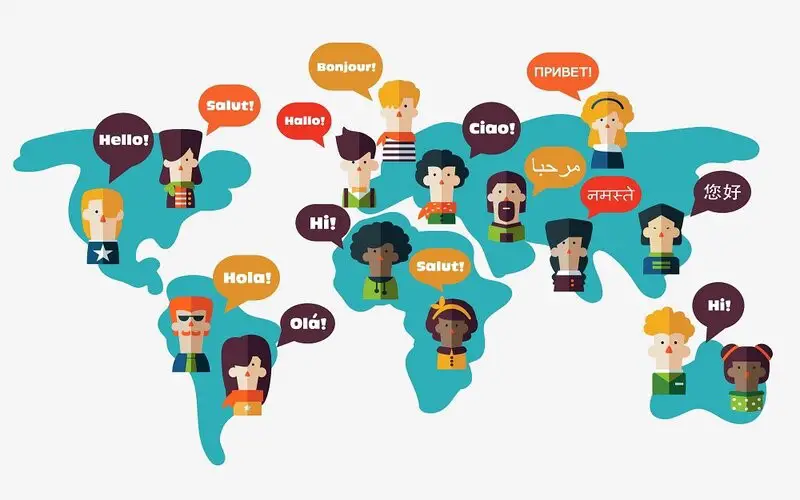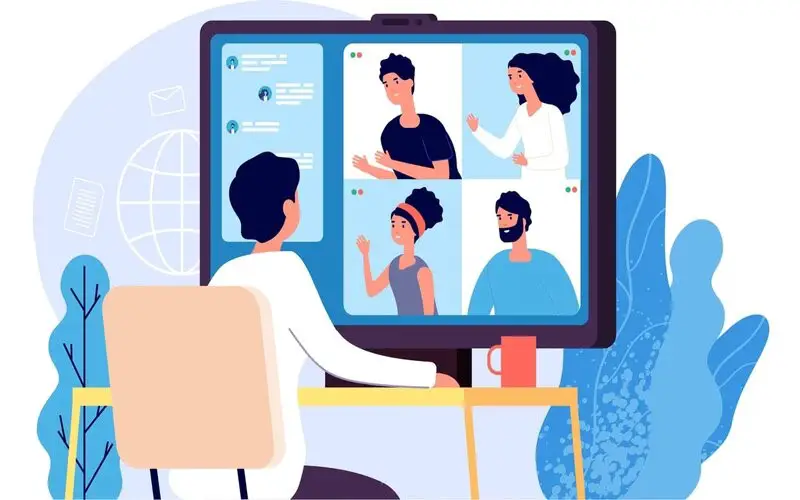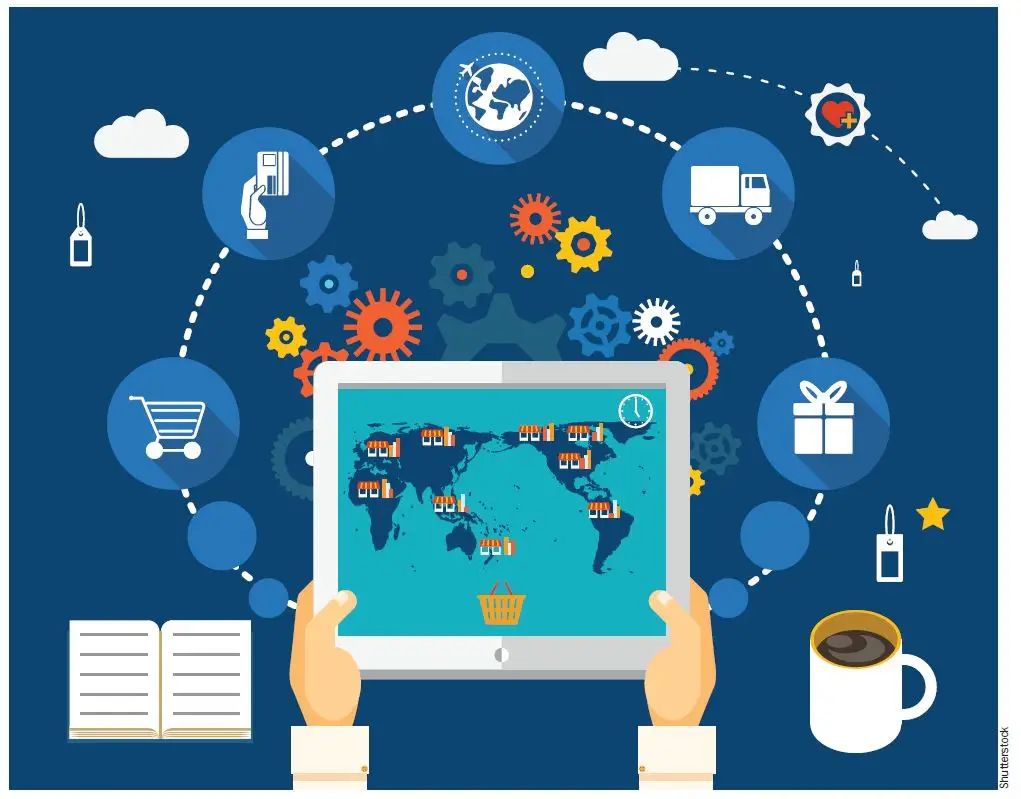We now live and work in a whole new way thanks to information technology (IT). We now communicate, obtain information, and transact business via IT-based solutions, including the internet, mobile devices, and social media. Technology has been the driving factor for globalization, which has now come to pass. Unprecedented levels of global connectivity have been achieved as a result. The ten approaches to promoting globalization using IT are covered in this article.
1. Increase Internet Penetration
An effective instrument for communication, business, and innovation is the internet. The world does not, however, have an equal distribution of internet access. The digital gap is caused by the fact that developing nations frequently have inadequate internet access. The digital divide can be closed and information access improved by expanding internet connections in underdeveloped nations. As a result, international connections and communication will be encouraged, enhancing trade and commerce. Governments can promote the growth of IT infrastructure by funding broadband access, boosting mobile networks, and offering financial incentives to companies that invest in internet infrastructure. Furthermore, public-private collaborations can be extremely important in advancing the development of IT infrastructure.
2. Promote Multilingualism
With people from different nations, language limitations can make it difficult to communicate and work together. Through the use of speech recognition software, language learning apps, and translation services, IT may assist in bridging the language gap. Individuals from many nations will find it simpler to connect and collaborate if multilingualism is encouraged. Governments can promote the use of translation software, fund language learning programs, and encourage companies to train their staff in languages. All of these actions will help people become more multilingual. Real-time translation services, for example, can be pushed to help people communicate across language boundaries as another IT-based option.
3. Encourage Social Media
Platforms for social media give people, groups, and companies a way to connect on a worldwide scale. Promoting social media use can help build a global network of individuals and organizations, easing the sharing of ideas and promoting creativity. Governments can promote social media platforms, offer financial incentives to companies that use social media for marketing and communication, and assist in the creation of social media tools for companies.

4. Develop E-Commerce Platforms
The way we shop and conduct business has been completely transformed by the internet. Businesses can now contact customers worldwide and diversify their markets thanks to e-commerce platforms. Building e-commerce platforms can change the game for developing nations by giving them the chance to sell their goods and services globally. Yet creating e-commerce platforms is a difficult task. To construct a supportive regulatory framework and the required infrastructure, governments and businesses must collaborate. This entails offering safe payment processors, logistical assistance, and regulatory frameworks that safeguard the interests of customers. Supporting the growth of e-commerce platforms can boost competition, spur innovation, and open up new possibilities for both consumers and businesses.
5. Promote Open Data
The technique of pushing for the release of public information in a manner that is freely accessible, comprehensible, and usable by anybody is known as open data promotion. Open data can come from a variety of sources, including governments, non-governmental organizations, and commercial companies, and it can be utilized for study, innovation, and decision-making. Governments and organizations can increase transparency, accountability, and public participation by encouraging the use of open data. Open data can also boost economic growth by giving entrepreneurs access to new business prospects and assisting businesses in making more informed decisions. Organizations can encourage open data by developing policies and procedures for data release, providing training and education on data use and management, and engaging with stakeholders to understand their requirements and goals.
6. Foster Virtual Collaboration
Remote cooperation has become simpler thanks to virtual collaboration tools like video conferencing and online collaboration software. By encouraging the use of these tools, international collaboration and teamwork will be facilitated. With virtual collaboration tools, individuals from many nations and cultures can come together to work on projects and exchange ideas. They can also be used to boost productivity and lower travel expenses. For instance, a company in one nation can work with suppliers in another nation without incurring high travel costs. Governments and companies must make the required infrastructure investments and train staff in order to foster virtual collaboration. Additionally, they must guarantee that the virtual collaboration tools are user-friendly and safe.

7. Invest In Cybersecurity
A crucial element of IT-based globalization is cybersecurity. Data leaks, cyberattacks, and other cyberthreats might stymie international trade and business. By making investments in cybersecurity, we can guard against these dangers and create a safe online environment that promotes the expansion of global IT-based trade. To create and implement cybersecurity policies and strategies, governments and enterprises must collaborate. This entails making investments in cybersecurity tools, educating staff members, and creating backup plans in the case of a cyberattack. Investment in cybersecurity can also promote consumer and company confidence in the digital economy, fostering globalization.
8. Create Digital Marketplaces
Businesses can offer their goods and services internationally on digital marketplaces. Promoting the development of digital markets will give companies access to a global market, boosting competition and spurring innovation. Businesses can connect with clients and suppliers from different nations through digital marketplaces. Also, they can be utilized to offer consumers a huge selection of goods and services at affordable pricing. Governments and businesses must collaborate to provide the necessary frameworks and infrastructure for the creation of digital marketplaces. This entails offering safe payment processors, logistical assistance, and legal protections for consumer rights.
9. Embrace Cloud Computing
Adopting cloud computing has become a critical strategy for firms seeking to remain competitive and efficient in the digital age. Cloud computing provides numerous advantages, including scalability, flexibility, cost-effectiveness, and increased collaboration. Businesses can use cloud computing to gain access to powerful computer resources and cutting-edge technologies without investing in costly infrastructure or hardware. Cloud services also provide superior security and backup solutions when compared to traditional on-premise systems. Furthermore, cloud computing enables organizations to work remotely and provide better customer service. Businesses can obtain a competitive advantage in their sector by embracing cloud computing.
10. Develop Artificial Intelligence (Ai)
The development of computer systems that are capable of doing activities that traditionally require human intelligence, such as speech recognition, decision-making, and language translation, is known as artificial intelligence (AI). Businesses have the chance to automate processes, increase effectiveness, and spur innovation thanks to AI. Moreover, insights and analyses that people might not be able to provide can be provided by AI-based systems. The next wave of IT-based globalization will be fueled by encouraging the development of AI, which will allow enterprises to compete internationally. The development of AI must be done responsibly and ethically, though. AI systems must be open, comprehensible, and bias-free. Governments must create policies and regulations that promote the development of AI and ensure that it is developed ethically and responsibly. Businesses must also prioritize the ethical development of AI and ensure that their systems are transparent, explainable, and unbiased.






















